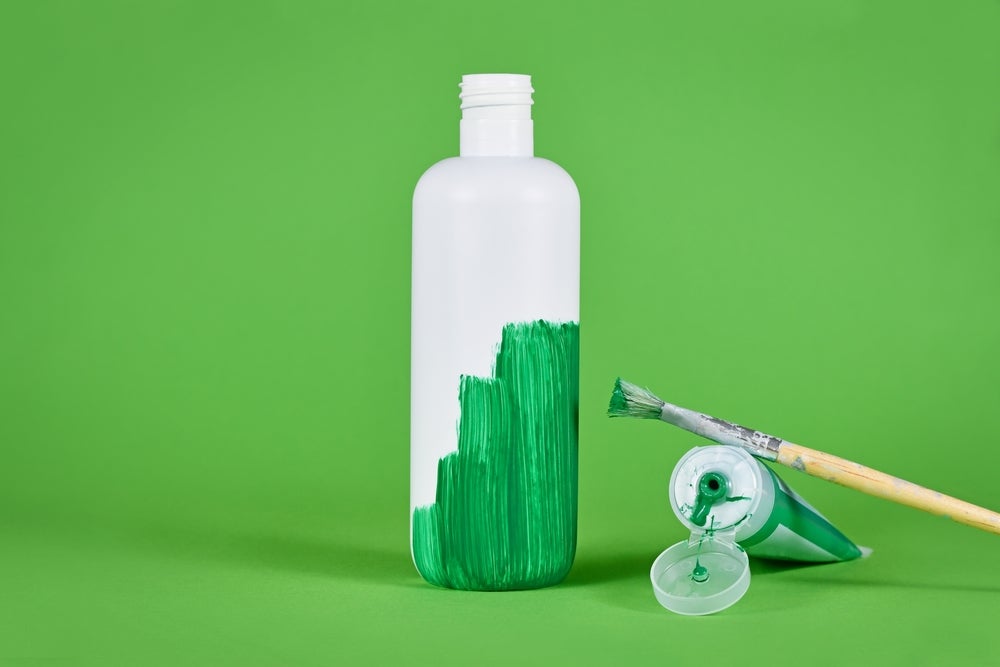ClientEarth, ECOS (Environmental Coalition on Standards), Eunomia Research & Consulting and Zero Waste Europe have researched greenwashing in PET beverage packaging.
The report is based on previous work by circular economy specialists at Eunomia, which concluded that PET is not currently a circular material within even the best recycling systems in Europe. It shows that circularity claims may in some cases be inaccurate and overall give an impression of the ‘sustainability’ of PET beverage bottles that does not reflect reality.
The investigation looks at examples of on-pack claims and finds that the term ‘recyclable’ is ambiguous and should not be placed on bottles. The authors recommend instead that labels provide consumers with clear instructions on how to dispose of packaging.
It also finds that '100% recycled' claims may not account for all the components of the bottle, asserting that caps and labels are rarely, if ever, made from recycled content.
The report warns that companies should address these practices to avoid misleading consumers and potentially breaching consumer protection law.
The conclusion drawn is that PET beverage bottles should not be marketed using language or imagery that implies circularity or sustainability.
ClientEarth representative Rosa Pritchard commented: “‘Plastic bottle circularity’ is a myth. Claims on bottles that promote this idea present an obstacle to the green transition. Consumers need access to fair, honest information about the environmental impacts of products and clear information on recycling.”
Eunomia technical director Andy Grant added: “Even when just considering the PET body and in the most efficient recycling system, full circularity is not technically feasible. There will always be a need for an input of virgin plastic.”
The EU Commission is currently attempting to tackle false ‘green’ claims made on products sold in the EU, but greenwashing remains an extensive cross-industry issue.









